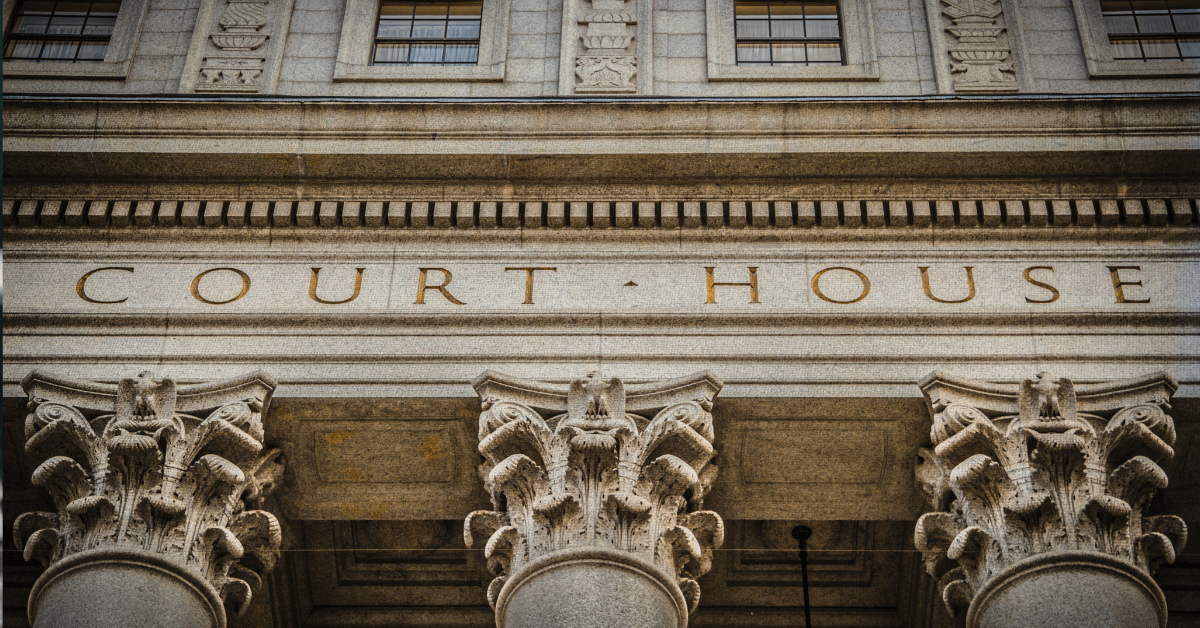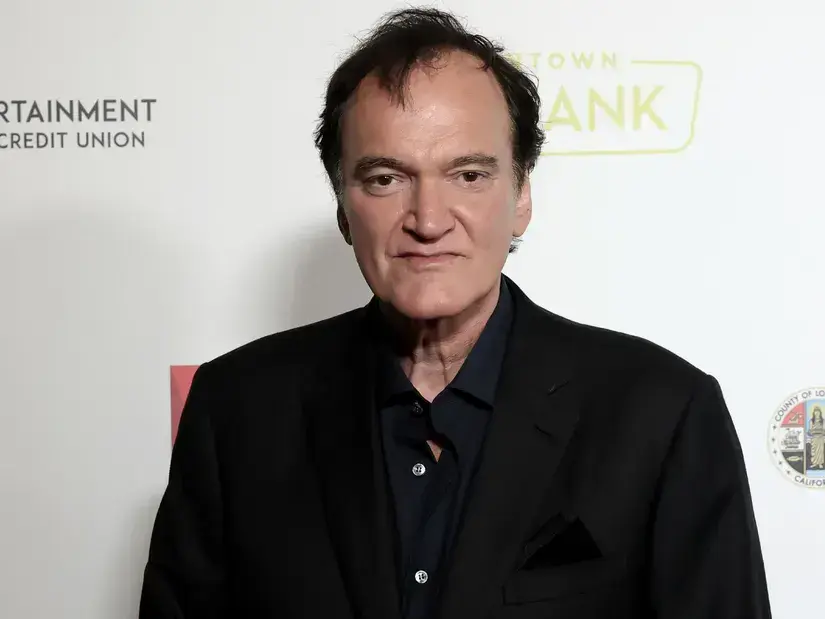BY: Walker
Published 4 years ago

One of the people with Dr. King the night he was killed in Memphis at the Lorraine Motel was a rising figure in the civil rights movement, the Reverend Jesse Jackson.
via: BET
April 4 marked the 54th anniversary Rev. Martin Luther King Jr. was shot and killed by James Earl Ray while standing on a balcony at the Lorraine Hotel in Memphis, Tennessee. Rev. Jesse Jackson, who was with King on that day, returned to the historic location yesterday (April 4), now a National Civil Rights Museum.
According to Memphis Commercial Appeal, Jackson was accompanied by several faith leaders and family friend Joseph Kyles, who is the nephew of the late civil rights leader Rev. Samuel (Billy) Kyles. Rev. Kyles was one of the last people who spoke to King before he was killed.
Jackson, 80, was 26 years old at the time of King’s death. He was a worker for King’s Southern Christian Leadership Conference, and he helped found Operation Breadbasket. He has dedicated his career to advocating for human rights — in the US and internationally. Jackson has spoken about the impact of the assassination on him and the country.
Jackson said at a press conference, specifically addressing police violence in Black communities, “We must be able to defend ourselves and not be naïve about violence. We must learn the skills of deescalating violence. Our children must be able to let their aggression out in organized… ways.”
King was a trailblazer of the American civil rights movement, leading dozens of nonviolent demonstrations for racial equality including the Montgomery Bus Boycott, the Selma-to-Montgomery marches for voting rights, and perhaps most famously, the 1963 March on Washington; there, he gave his legendary “I Have a Dream” speech before a crowd of more than 250,000 people.
Rev. Martin Luther King Jr. also lent his support to the Memphis sanitation workers during the 1968 march for recognition of the right to bargain, job safety, better wages and benefits. It was King’s final campaign before his death.










